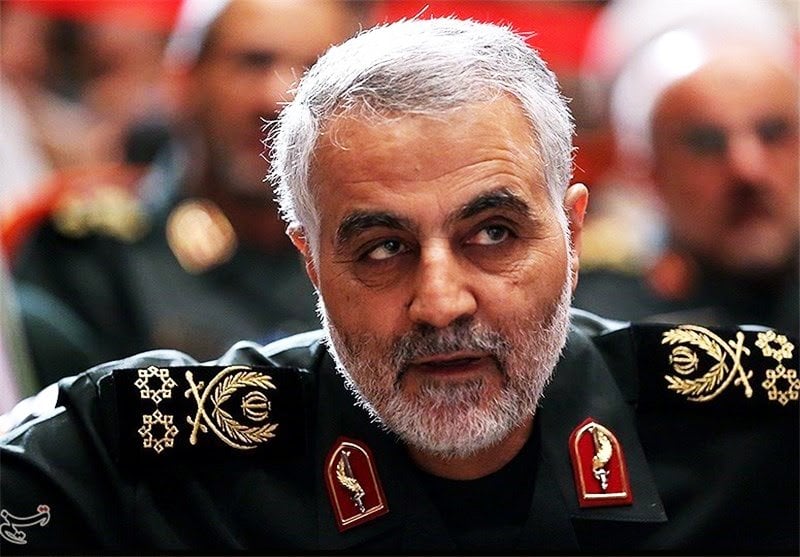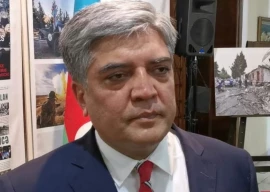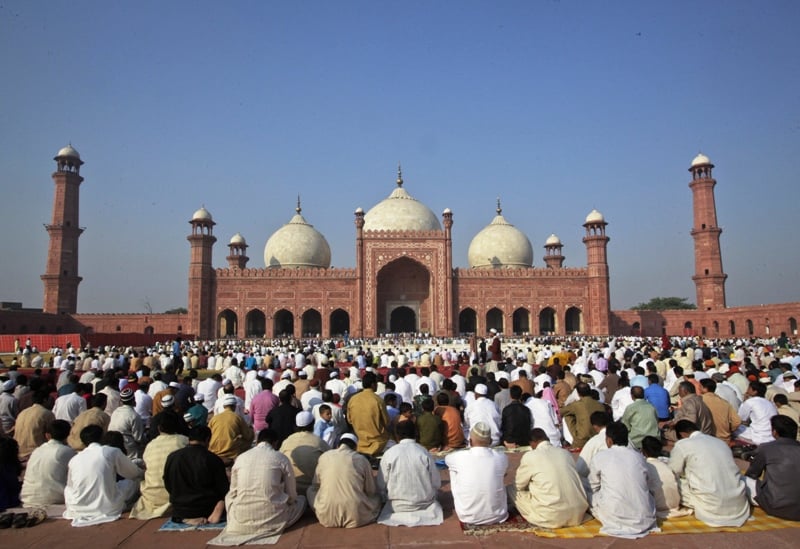
The killing of Major General Qassem Suleimani, the architect of Tehran’s spreading military influence in the Middle East, in a US drone strike near Baghdad airport has stoked fears of a global conflict. Soon after Friday’s drone strike, “World War III” became the top search on Google and started trending on microblogging site Twitter.
Iran has promised “harsh revenge”, while President Trump has threatened to hit “52 targets” should Iran attack the Americans or US assets. A conflict is looming. Is it doomsaying or a conflict between the two does have the potential to spiral into World War III?
After top commander's killing, Iran virtually pulls out of nuclear deal
“World War III has already begun. In a way, we are already in a world war,” said eminent Pakistani academic Adil Najam while speaking in Express News show, ‘The Review’. “Put a world map on the table and see what is happening in different countries and regions,” he said. “The world is headed for a new world disorder.”
Adil Najam, a renowned expert in global public policy and diplomacy, said President Trump apparently didn’t realise the implications of ordering Suleimani’s killing. “I think the US has miscalculated if there was any calculation at all,” he added.
Najam believes Tehran would retaliate for sure. “When you corner someone to the extent where they have nothing to lose, that is an extremely dangerous situation,” he said.
He said a conflict between Iran and the United States would engulf the whole region – and even beyond. “The war would not be limited to Iran. If it goes north, it would enter Afghanistan, on east, in Pakistan, on west, in Iraq and Syria, and on south, in Saudi Arabia and Israel,” he said. “And if it goes in all directions, then it would be really difficult to estimate who would bear the brunt.”
Najam doesn’t agree that de-escalation would start soon. “Iran will surprise [the US] and will consistently do that,” he said. “Compared to Iran, the United States is a big and powerful country, but at the same time it is stretched and engaged on so many fronts that it could easily be targeted.”
Pakistan is partner for peace - and peace alone: DG ISPR on US-Iran tensions
Implications for Pakistan
About possible implications for Pakistan, Najam said the situation has sprung up new challenges on the foreign policy front as the real question is what would be Pakistan’s strategy if the escalation really leads to war. “Pakistan’s strategic challenge is to find a way where it doesn’t have to pick sides in the conflict,” he added.
Admitting that Pakistan could be pressured, he said, there would be geographic as well as economic pressure to pick sides. “Also, we haven’t got a call from Saudi Arabia yet,” he said while suggesting that Pakistan’s Foreign Office should start raising the impossibility of choosing a side when such a time comes.
He also suggested parliament should be involved, just like it was involved at the time of Yemen war, so that when an individual is asked to choose sides, he could say it’s not for him to decide.
“Pakistan has to be very careful. Don’t take tomatoes even if they become available at Rs17 per kilo,” he quipped. “We have always made the mistake of choosing short-term opportunity at the cost of long-term crisis. Let’s not do that this time around,” he said.























COMMENTS
Comments are moderated and generally will be posted if they are on-topic and not abusive.
For more information, please see our Comments FAQ